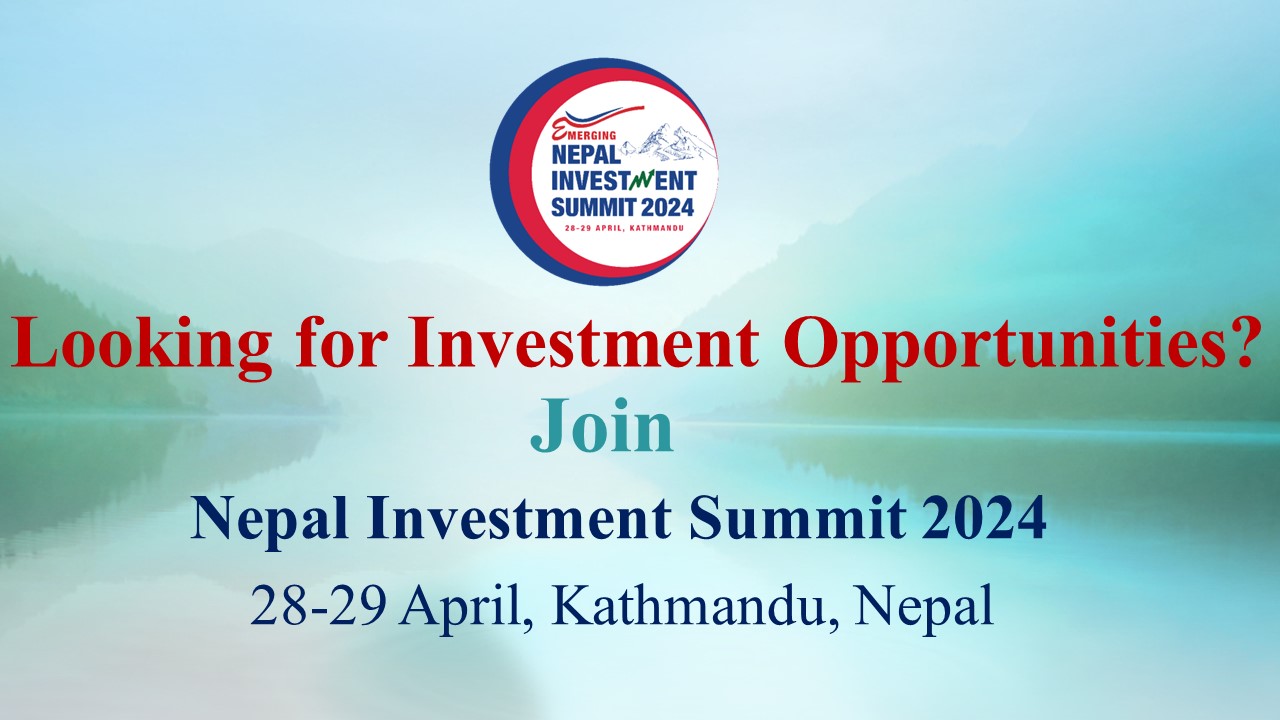First of all, I would like to thank UN-Women for organizing this timely and important informal meeting and inviting Permanent Mission of Nepal. I appreciate the comprehensive presentations covering important updates and new initiatives.
As we all know, world is facing increasing number of humanitarian crises. Women and girls are affected disproportionately by all these crises leaving them to face significantly heightened risks, including gender-based violence, discrimination, early marriage, unwanted pregnancy, and maternal death, among others.
I would like to acknowledge the role that UN-Women played after a massive earthquake that hit Nepal in April 2015. Partnership of the Government of Nepal with UN-Women led to the inclusion of gender equality in the recovery phase. UN-Women, UN OCHA and other UN agencies, along with the Government of Nepal highlighted the distinct needs of women and girls, and to promote their role as meaningful participants in eventual recovery, rehabilitation and reconstruction phases.
Their collaborative approach was effective in providing services to women and girls and in promoting women’s participation. Similarly, the Inter-Cluster Gender Working Group, co-chaired by UN Women and UNOCHA, proved effective in preparing gender-responsive disaster preparedness in Nepal.
The delegation of Nepal is grateful to UN-Women for the support and partnership for the empowerment of women in Nepal, and for its key role during the earthquake to address specific issues of women in humanitarian work.
Humanitarian crises have different forms and they can erupt anywhere. Gender is one of the dimensions to be considered in humanitarian work. A coordinated approach with multiple development partners and host government agencies would thus be desirable. Equally challenging is to tailor the strategies for different humanitarian crises, as one-size-fits-all approach cannot cater to the needs of different communities, different situations and different kind of disasters.
When consulting communities, the vulnerable groups, including women and men, need to be identified and engaged. Sexual and reproductive health services should be given priority and included in identification and registration process in order to have accurate information about their specific needs for preventing and addressing all forms of discrimination, deprivation and gender-based violence.
In conclusion, we would once again like to express our sincere gratitude to UN-Women for its contribution in the aftermath of the earthquake. And we encourage more partnership and renewed engagement and express our best wishes for its meaningful works in other crisis situations in the days ahead. The Mission of Nepal would like to assure Nepal’s commitment and cooperation to these endeavors, including UN-Women Strategic Plan for 2018-2021.
I thank you.

